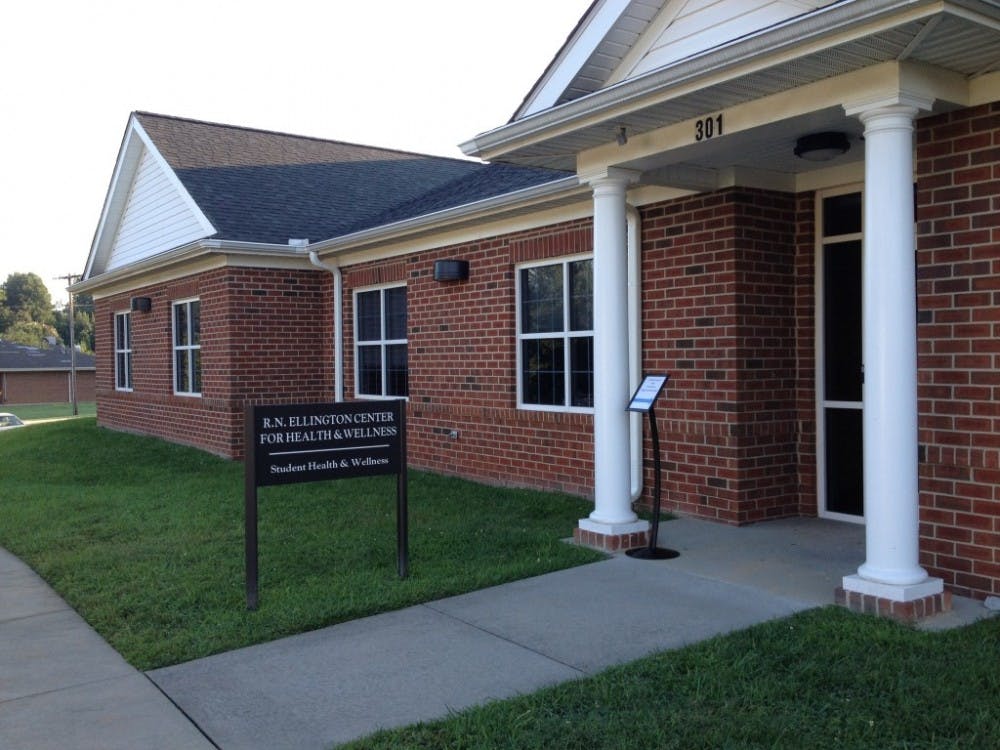The R.N. Ellington Center for Health and Wellness has moved to 301 S. O’Kelley Ave., to an expanded facility on South Campus. The new center houses student health services, counseling services, the office of faculty/staff health and wellness as well as the office of student health and wellness, which includes the Students Promoting Awareness, Responsibility, Knowledge and Success (SPARKS).
Jana Lynn Patterson, associate vice president for Student Life and dean of student health and wellness, said the decision to expand the health center was necessary.
“We knew we had really outgrown health services,” she said.
At nearly 14,000 square feet, the new facility is more than twice the size of the old health center, located near the Loy Center. According to project manager Tari Maynor, the new building was constructed in four months, beginning in mid-February. She said a South Campus location was chosen so the center could have a large outline, with “multiple entrances, ADA accessibility and adequate plumbing.”
The new health center includes exam rooms for students, faculty and staff. There are also rooms for therapeutic massages and athletic training, dedicated areas for counseling services and SPARKS and a large conference room.
“Having a central location allows for greater synergies between the groups,” Maynor said.
The clinical staff at the R.N. Ellington Center for Health and Wellness is partnered with Alamance Regional Medical Center. According to Patterson, the partnership will give patients access to well-trained professionals and enable them to have a network for medical referrals.
The new facility’s exam rooms are arranged in a “pod” layout designed for efficiency, according to Patterson. Other services of the new health center intend to help patients, including Sunday hours, a full-time physician and weekday transportation for ill students on campus.
In addition, the new health center will have an athletic trainer to work with all students, especially those involved in club sports teams and performing arts.
In a transition Patterson called “equally exciting,” the old health center was converted and now houses the offices for student leadership, auxiliary services and student conduct, which were formerly in the Moseley Center.
As the academic year begins, Patterson said she will focus on marketing the health center to students by using techniques designed to help students find the center and learn about the services it offers.
“We expect good things,” Patterson said.


